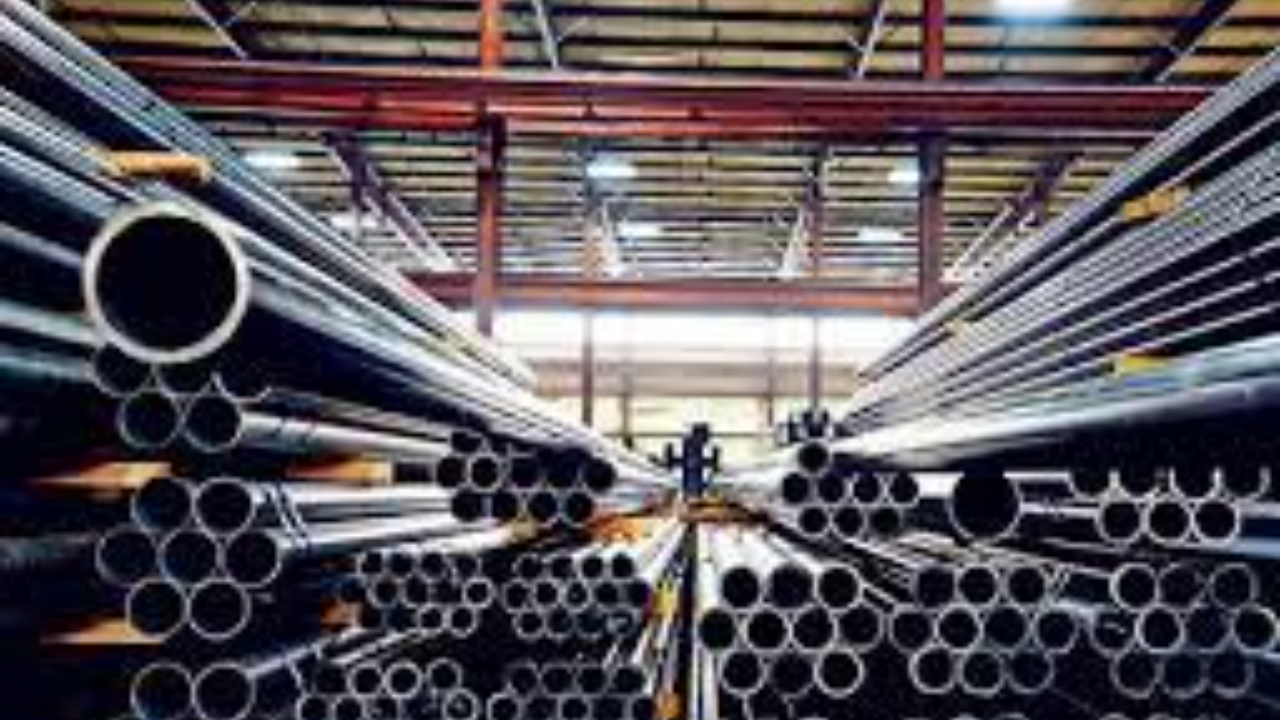Steel pipes are renowned as versatile and extensively utilized construction materials, prized for their robustness, longevity, and cost efficiency. They find broad applications in framing, bracing, and supporting structures. Steel pipe is one of the most adaptable materials in heavy civil, marine construction, and the oil and gas industries today. This article will shed light on why people choose steel and what are the structural importance of steel pipes.
Steel Pipes’ Importance
Steel is one of the most utilized and recycled materials annually in the U.S., rendering it an environmentally responsible choice, particularly when opting for used surplus pipe. Steel pipes are highly favored in construction projects for various reasons, with versatility being a key factor of steel. Available in a diverse range of sizes, steel pipes offer exceptional strength and durability, making them suitable for a wide array of applications. While some steel pipes can be tailored to specific job requirements, opting for used steel pipes proves more economical compared to ordering new, custom pieces.
Varieties in Steel tubing
The elongated, hollow steel tubes are offered in two main varieties:
- Seamless Steel Pipes
- Welded Steel Pipes
Seamless Steel Pipes
Seamless steel pipes originate from solid round cylinders, known as billets, which are heated and then extruded over a die to form a hollow cylinder. This seamless process yields a stronger pipe but comes with a higher price tag due to its manufacturing intricacy. Additionally, seamless pipes boast higher tensile strength owing to the absence of welded seams.
Welded Steel Pipes
Welded steel pipes are crafted from rolled steel sheets joined together by welding along the seams. Consequently, the pipe is welded along its entire length. This method typically results in a more uniform wall thickness compared to seamless pipes. Welded pipes are more cost-effective and readily accessible than seamless ones. Moreover, they offer higher production efficiency.
Structural Steel Pipes
Structural steel pipes, hollow cylindrical tubes renowned for their robustness in carrying chemicals and supporting heavy loads, find extensive applications across various industries. Indeed, steel pipes serve pivotal roles in the structural, manufacturing, and transportation sectors. Companies like Tianjin United Steel Pipe Co., Ltd (TUSPIPE) have been producing a broad assortment of top-notch black steel pipes. They are ensuring to meet the evolving requirements of our valued clientele as well. If you visit the official website of TUSPIPE, you’ll see they offer a range of steel pipes. They do offer steel structural pipe for sale as well.
Uses in the Structural Sector
Steel pipe finds widespread usage in building construction to enhance strength and provide support. Construction firms frequently utilize steel pipes to erect scaffolding, enabling workers to access different areas of the structure under construction.
Uses in Manufacturing Sector
In the manufacturing sector, steel pipe finds diverse applications. It serves as a guardrail, enhancing safety by securing stairways and walkways. They can be fabricated as essential components of machinery and equipment.
Uses in the Transportation Sector
Perhaps the most common usage of structural steel pipe is to transport substances from one place to another. Due to its inherent strength, steel pipes can handle hazardous materials without degrading, which is why they’re commonly used in oil and gas exploration and other chemical applications.


